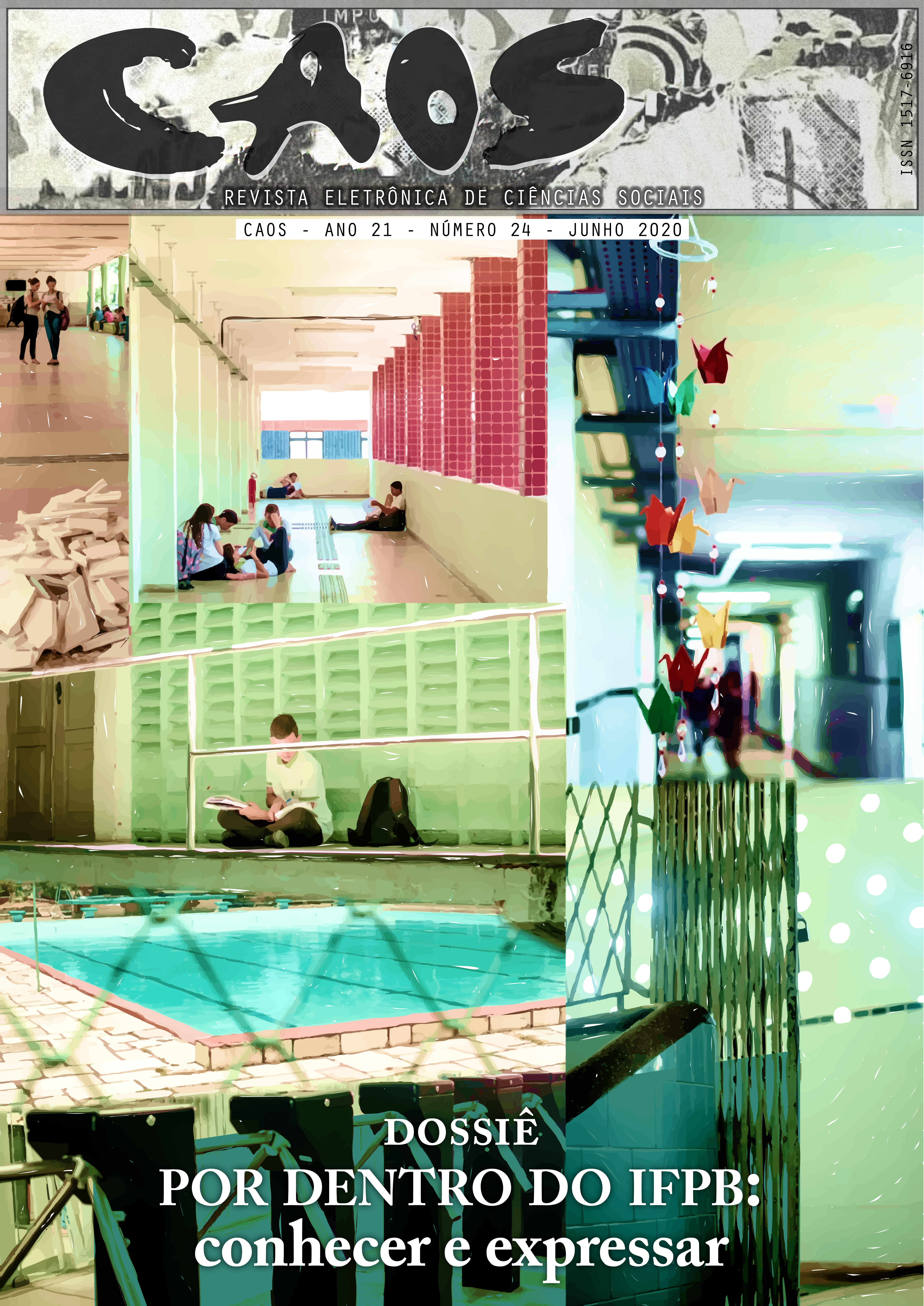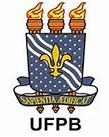PERMANÊNCIA PARA ALÉM DA PRECARIZAÇÃO DO TRABALHO: a centralidade das trabalhadoras terceirizadas para a funcionalidade do Instituto Federal da Paraíba/campus João Pessoa
DOI:
https://doi.org/10.46906/caos.n24.50767.p82-100Keywords:
Trabalhadoras, Terceirização, Funcionalidade, PermanênciaAbstract
This article seeks to reveal how outsourced workers who work at the Federal Institute of Paraíba - Campus João Pessoa (IFPB-JP), located in Bairro Jaguaribe, remain for long periods in their jobs even with the turnover of service providers. Therefore, at first, the text brings some particularities in the world of work in Latin America and Brazil, and also how the sociology of work is faced with these historical challenges and then, starting from the assumption that outsourcing is a form of labor subcontract, therefore a structurally precarious condition, this article seeks to highlight and contextualize politically the main milestones of the construction of the current (2020) legal framework of this type of employment relationship. Following, a case study is presented at the IFPB-JP that demonstrates how the centrality of the activities developed by outsourced workers guarantee the functionality of the school institution as a whole, and how this is configured in one of the aspects that ensure continuity in their jobs for long-lived periods. Finally, this paper argues the need to classify these outsourced workers as education professionals and the imperative urgency in the elaboration of compensatory policies to remedy the existing gap in relation to statutory employees. These measures also serve as a disincentive to the growing outsourcing processes within the public service.
Downloads
Metrics
Published
Issue
Section
License
A Caos é regida por uma Licença da Creative Commons (CC): CC BY-NC 4.0, aplicada a revistas eletrônicas, com a qual os autores declaram concordar ao fazer a submissão. Os autores retêm os direitos autorais e os de publicação completos.
Segundo essa licença, os autores são os detentores dos direitos autorais (copyright) de seus textos, e concedem direitos de uso para outros, podendo qualquer usuário copiar e redistribuir o material em qualquer suporte ou formato, remixar, transformar e criar a partir do material, ou usá-lo de qualquer outro propósito lícito, observando os seguintes termos: (a) atribuição – o usuário deve atribuir o devido crédito, fornecer um link para a licença, e indicar se foram feitas alterações. Os usos podem ocorrer de qualquer forma razoável, mas não de uma forma que sugira haver o apoio ou aprovação do licenciante; (b) NãoComercial – o material não pode ser usado para fins comerciais; (c) sem restrições adicionais – os usuários não podem aplicar termos jurídicos ou medidas de caráter tecnológico que restrinjam legalmente outros de fazerem algo que a licença permita.
Recomendamos aos autores que, antes de submeterem os manuscritos, acessem os termos completos da licença (clique aqui).
















